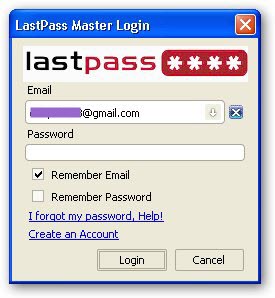

There are several articles that list possible alternatives.

This most recent issue is yet another reason why we are going to look for another alternative. This has been a project on our list for a number of years due to other reasons, cost and application performance being the major two. Here at the IAS, we are taking a look at a number of possible alternatives. There are a number of password vaults out there to choose from, you just have to weigh the options of which one works best for you. There is an undeniable level of trust lost due to this breach, and I wouldn't blame anyone for looking at another solution. This is definitely still disappointing news to come from LastPass. This means that when quantum computers are big enough to be a threat to encryption standards being used today, our LastPass vaults are still resistant to being cracked. The encryption being used to store your passwords is AES-256, which has been proven to be quantum resistant. It will take many decades for someone to be able to successfully brute force your main password. If you chose a secure password to secure your password vault within LastPass, you should be ok. LastPass, the password manager of choice here at the IAS for years, recently announced that their data store of user password safes had been breached and those encrypted safes had been stolen. The natural fear has always been that the passwords stored in the cloud would be stolen, which is why password managers use strong encryption to keep them safe. We've been recommending since 2013 that folks use a password manager to securely create and store your passwords so that you don't have to remember them. Remembering all your passwords is difficult.


 0 kommentar(er)
0 kommentar(er)
